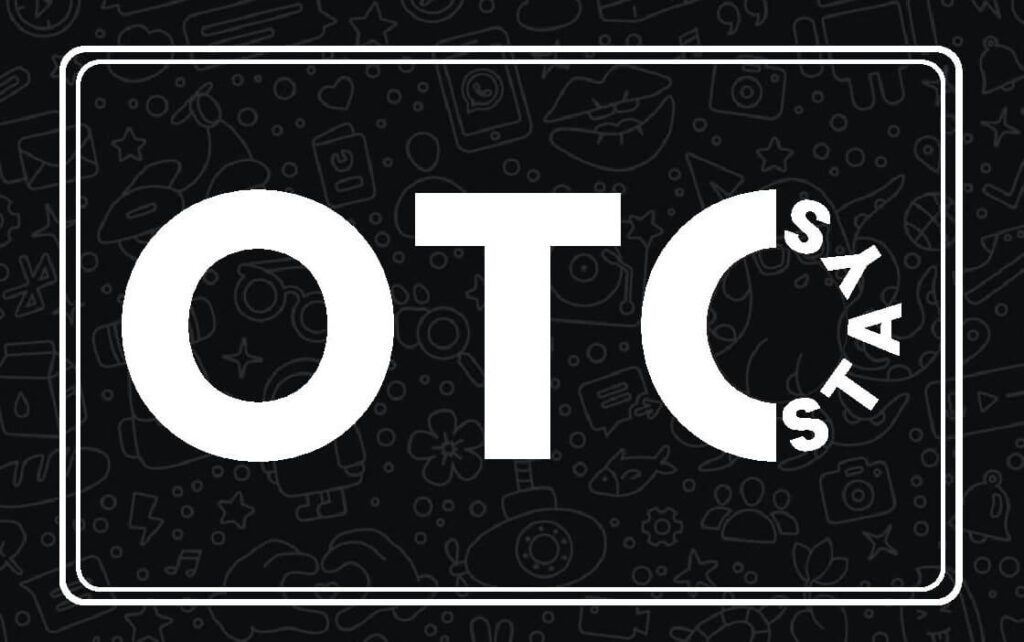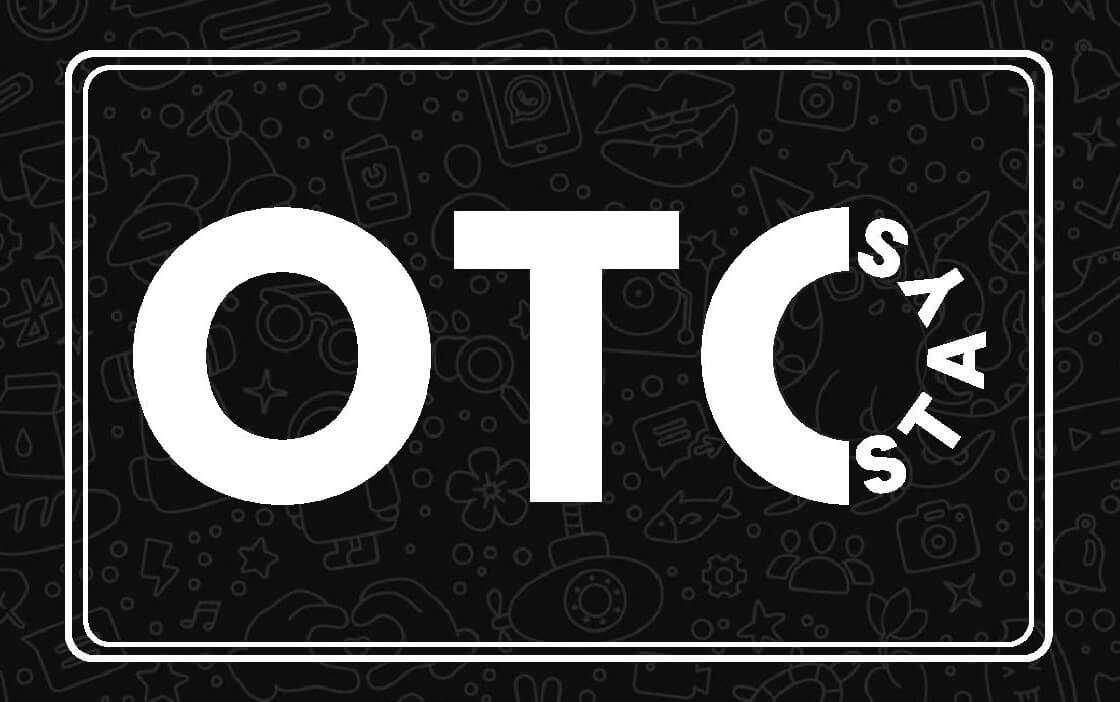
Ten Awesome Tips About Autism Treatments From Unlikely Websites
Autism Spectrum Disorder (ASD) is a developmental disorder that affects individuals across their lifespan, but it really is often first identified and diagnosed in childhood. Children with autism may experience challenges in communication, social interaction, and behavior, but they also possess unique strengths and abilities that deserve recognition and support. Understanding childhood autism is necessary for parents, educators, and caregivers to provide click through the following website page required interventions and create inclusive environments where these children can thrive.
Early Signs and Diagnosis:
Recognizing the early signs of autism is important for early intervention, which may significantly improve outcomes for children on the spectrum. Some common signs that will indicate autism in young kids include:
Delayed Speech or Language Development: Children with autism may exhibit delays in speech or language development, such as not babbling by 12 months or not speaking single words by 16 months.
Social Challenges: Difficulty with social interaction is a hallmark characteristic of autism. Children may struggle to make eye contact, engage in reciprocal conversations, or understand social cues and gestures.
Repetitive Behaviors: Repetitive behaviors or movements, for example hand-flapping, rocking, or lining up toys, are common in children with autism. They might also develop intense interests in specific subjects or objects.
Sensory Sensitivities: Many children with autism have sensory sensitivities, experiencing either heightened or diminished sensitivity to sensory stimuli for example lights, sounds, textures, or tastes.
Identifying autism involves comprehensive evaluations by healthcare professionals, including developmental pediatricians, psychologists, and speech therapists. The diagnostic process typically includes observations of the child’s behavior, interviews with parents and caregivers, and standardized assessments to evaluate developmental milestones and social communication skills.
Challenges and Opportunities:
Raising a child with autism presents unique challenges for families, but it also offers opportunities for growth, learning, and connection. Parents of children with autism often face additional stressors related to navigating the healthcare system, accessing appropriate services, and advocating for their child’s needs. Conversely, they additionally experience moments of joy, pride, and resilience as they celebrate their child’s achievements and milestones, irrespective of how small.
For children with autism, early intervention is critical for maximizing their potential and addressing areas of difficulty. Evidence-based therapies for example Applied Behavior Analysis (ABA), speech therapy, occupational therapy, and social skills training can assist children develop communication skills, improve social interaction, manage behaviors, and enhance independence. These interventions are often most beneficial when implemented in structured, consistent, and supportive environments, both at home and in educational settings.
Creating Inclusive Environments:
Inclusive education is vital for promoting the academic, social, and emotional development of children with autism. Schools play a crucial role in creating supportive environments where all students, in spite of their abilities or differences, feel valued, accepted, and included. Educators can implement strategies for example visual supports, individualized instruction, peer modeling, and positive behavior supports to accommodate the diverse needs of students with autism and create opportunities for meaningful participation and learning.
Moreover, fostering understanding and acceptance of autism within the broader community will be important for developing a more inclusive society. Increasing awareness, promoting empathy, and celebrating neurodiversity will certainly assist reduce stigma and create a culture of acceptance and support for people with autism and their families.
Celebrating Strengths and Diversity:
While children with autism may face challenges, they also possess unique strengths and abilities that deserve recognition and celebration. A lot of people with autism have talents in areas such as mathematics, music, art, or technology, and they bring valuable perspectives and contributions to their communities. By centering on their strengths, nurturing their interests, and providing opportunities for growth and self-expression, we can empower children with autism to reach their full potential and lead fulfilling lives.
Understanding childhood autism requires empathy, patience, as well as a commitment to supporting the diverse needs of each child. By recognizing their strengths, addressing their challenges, and creating inclusive environments where they feel accepted and valued, we can certainly help children with autism thrive and flourish, unlocking their potential and embracing the richness of their differences.
